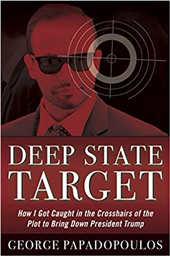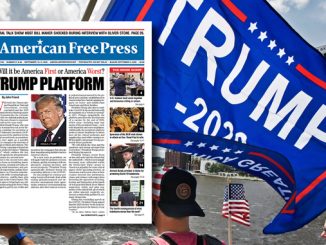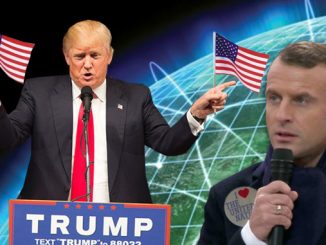
By Donald Jeffries
This writer was strongly opposed to the seemingly antiquated Electoral College system as recently as 2015. The 2016 presidential election, and the glaring focus it placed on America’s new demographics, changed all of that.
Donald Trump’s victory in 2016, despite losing the popular vote, was hardly an unprecedented occurrence. In 1824, Andrew Jackson won the popular vote handily, by nearly 11 percentage points, but lost in the Electoral College to John Quincy Adams. In 1876, Samuel Tilden won the popular vote by three percentage points and was ahead in the Electoral College as well, before being denied by corrupt, party-line votes in the House of Representatives. In 1888, Grover Cleveland won the popular vote, but lost in the Electoral College. In 2000, Al Gore edged out George W. Bush in the popular vote but Bush wound up being declared president by the Supreme Court amidst great controversy. And in 2016, Hillary Clinton officially won the popular vote, aided mightily by some three million votes from illegal immigrants.
The importance of the Electoral College is intertwined with the wishes of the founders, that individual states would have the greatest power, not a centralized federal government. The Great Compromise was essential to ratification of the Constitution. It addressed the concerns of all the states, by giving more populous ones proportional representation in the House of Representatives, while the Senate allotted the smallest states the same two senators as the biggest states. This idea was illustrated in an Electoral College, where each state was awarded votes equal to their collective representation in both houses of Congress.
Fifteen states have already expressed support to pledge their electoral votes to the winner of the overall popular vote, even if that differs from the voting results in their respective states. The Electoral College protects the influence wielded by each individual state. Without it, small rural states, or those in “flyover” country, would lose virtually all their ability to impact a presidential election as large states like California and New York would effectively determine who became president. Those living in such states would cast far more meaningful votes than citizens living in places like Delaware, Vermont, or Rhode Island.
The founders were understandably concerned about the development of fractional disagreements between regions of the country. The Electoral College forces candidates to visit all states and value the vote of each citizen. Without the Electoral College, why would any prospective president spend time outside of the states with the largest populations? It also keeps the focus on any electoral fraud within the confines of the individual states. The 2000 electoral fiasco, for instance, was centered exclusively in Florida.
Abolishing the Electoral College is essentially abolishing the power of the smaller states. Wouldn’t representation in the Senate logically be next in such a scenario? Why should Wyoming have the same number of senators as Texas, for instance? One doesn’t have to be a states’ rights advocate to understand how slippery such a slope is. It isn’t an accident that those pushing hardest for the abolition of the Electoral College are the loudest voices on the “woke” left. They would be thrilled to minimize or eliminate the importance of all those votes in Middle America.
Hans von Spakovsky, a legal expert for the Heritage Foundation, noted, “In creating the basic architecture of the American government, the founders struggled to satisfy each state’s demand for greater representation while attempting to balance popular sovereignty against the risk posed to the minority from majoritarian rule.” The founders wanted to give the people as much power as possible, but rightfully feared mob rule and other negative characteristics of pure, direct democracy.
The establishment has been pushing for the abolition of the Electoral College for some time. A 2004 editorial in The New York Times argued, “The majority does not rule, and every vote is not equal—those are reasons enough for scrapping the system. But there are other consequences as well. This election has been making clear how the Electoral College distorts presidential campaigns. A few swing states take on oversized importance, leading the candidates to focus their attention, money, and promises on a small slice of the electorate.”

The founding fathers were anxious to protect their system from what James Madison called “the tyranny of the majority.” Thus they created a constitutional republic, and not a strict democracy. With direct popular vote, a majority in the 20 largest cities could by themselves elect our president. During the 1787 Constitutional Convention, a great deal of debate revolved around the mechanics of electing a president. It was Madison who eventually wrote that the president would be selected by “electors . . . chosen by those of the people in each state, who shall have the qualifications requisite.” The founders knew what they were doing.
Donald Jeffries is a highly respected author and researcher whose work on the JFK, RFK and MLK assassinations and other high crimes of the Deep State has been read by millions of people across the world. Jeffries is also the author of three books currently being sold by the AFP Online Store.






